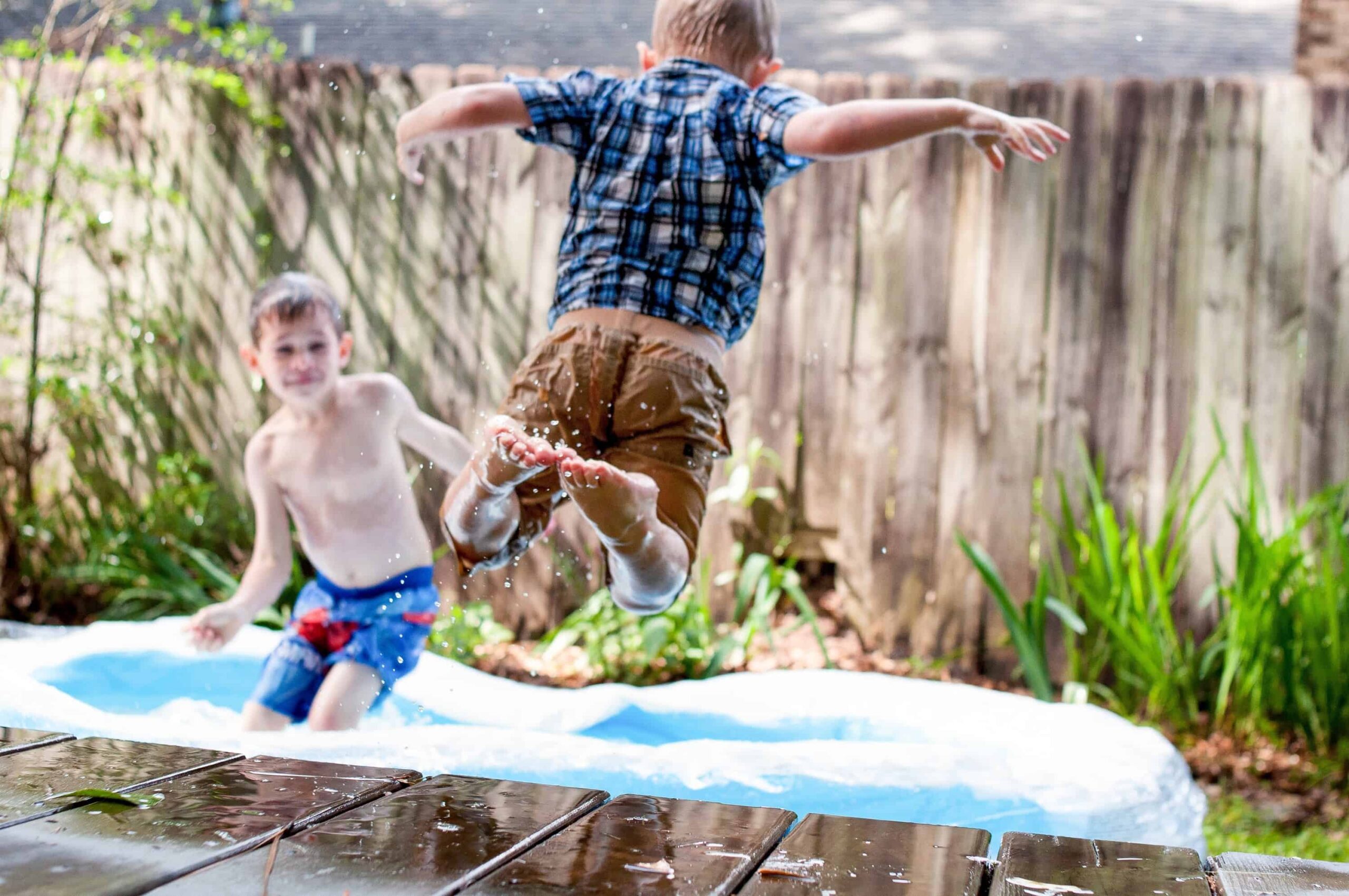Some of the biggest mistakes parents make are to set no boundaries and impose no rules. While some may think that this is the best way to give children independence and freedom, knowing no limits isn’t actually conducive to healthy development. Children need affection and support, but this doesn’t mean that you should give in to their every whim. They need exposure to positive discipline just as much as they need to have fun, and as a parent, you’re capable of meeting both of these needs effectively.
However, many parents struggle with striking the right balance between being too strict and too lax. If you’d like to learn how to discipline your child more successfully, here is a list of tips every parent should know and use.
First off, what exactly is positive discipline?
Positive discipline is disciplining your children while coming from a place of love and understanding. Traditionally, children were punished for misbehaving, which is now known to create adverse effects on their psychological development. Instead of basing your authority on fear and punishment, it’s much better to focus on building a strong and healthy bond with your children. Here’s how to do it.
Spend quality time together
Dedicating your time and effort is essential to successful parenting, so make sure you give your little one plenty of undivided attention. For example, put away your phone while they’re trying to tell you about their day. Plan your time together and find fun activities you can do together, such as doing DIY projects or playing on entertaining playground equipment.
Lay out the rules clearly
Children need to know what’s expected of them if they’re to follow the rules. It’s important to explain your instructions in a way that’s easy for them to understand and repeat them whenever the situation calls for it. It’s also a good idea to let them know the consequences of misbehavior. For example, you can tell them that you want them to hold your hand when crossing the street because they could otherwise get hurt. When the rule makes sense to them, they’ll be more likely to respect it.
Master the art of distraction
It’s easy to start panicking when you notice that your child is getting upset, restless, and that they may start acting out. It’s even worse when you find yourself in the midst of a full-blown temper tantrum. The best way to de-escalate the situation and calm them down is to offer a distraction. You can try pointing out something that they’ll find interesting and redirect their attention this way.
Stay calm and collected
Misbehavior can be very stressful and overwhelming for parents. While it’s often hard to keep your cool, reacting out of anger rarely does the child good or solves the problem in the long run. You can’t expect them to master emotional self-regulation if you can’t provide them with a positive role model. Step back for a moment, count to ten, and then deal with the situation.
Teach about actions having consequences
While punishment should be avoided, you can impose certain restrictions if they don’t follow the rules you agreed on. Don’t think of consequences on the spot or react in anger. Tell them beforehand what the sanctions will be in case they break the rule and make sure they fit the “crime”. Ideally, it should be something educational and useful to them.
Praise their hard work
When they exhibit positive behavior, let them know how proud you are. You can hand out small rewards and give specific praise, like saying “It was very nice of you to share your toys with your friends”. Children crave their parents’ approval, so they’ll definitely repeat the behaviors that get them praise.




